Six Tips for Managing Your Panic Attacks
Do you have anxiety attacks? If so, you are not alone. Estimates indicate that over 40 million people in the United States suffer from anxiety disorders. What is a panic attack? It usually includes some combination of heart palpitations, shortness of breath, panicked thoughts, cold sweat and even some disassociation from reality. These scary feelings can last for minutes and in some cases, hours.
Chronic anxiety is a real condition that cannot simply be wished away. Some people need medication and some people do not. No mater what category you fall into, it’s helpful to learn some tactics that help you manage anxiety, which will reduce the number and severity of panic attacks.
Acknowledge Your Feelings
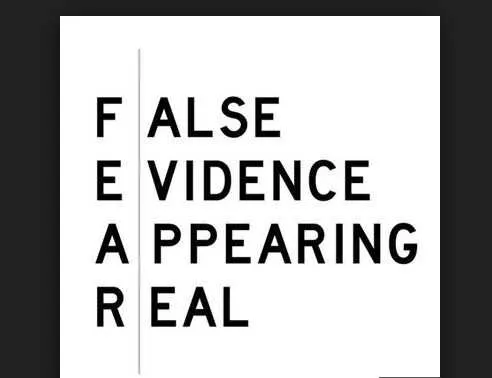
Anxiety attacks are a response to fear. Although you may not know exactly which fears triggered your panic attack, it is common for people to feel like they are going to die. These are normal symptoms of panic. Rather than jumping in to judge your symptoms, it is better to describe what your symptoms are to yourself, acknowledging that they exist and are the product of a nervous system that wrongly perceived a dire threat.
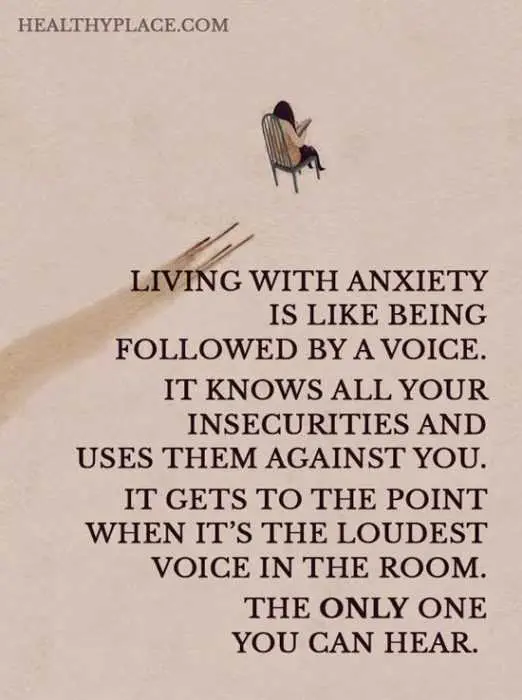
Then remind yourself that despite your body’s immediate reaction, you are not going to die. You are not having a heart attack. Or in other words, “Don’t believe every worried thought you have. Worried thoughts are notoriously inaccurate.”
Don’t pressure yourself to jettison the panic attack right away. Recognize what it is and slow down.
Reconsider Caffeine
Remember how we just said anxiety attacks are a sympathetic nervous system response to fear? Avoid things that over-stimulate your nervous system. Unfortunately, that includes caffeine. Consuming caffeine is feeding a stimulant right into your nervous. Side effects can include nervousness and anxiety, because caffeine actually stimulates the “fight or flight” response. Over-consumption of caffeine can even be a trigger.
Laughter Is The Best Medicine

There’s science behind the saying that laughter is the best medicine. Laughter decreases stress hormones and strengthens your infection-fighting antibodies. The laugh mechanism itself also relieves physical tension and stress, which can actually relax your muscles for up to 45 minutes after the fact. This means you should turn to comedy to help you manage your anxiety. Is there a favorite sitcom that is comfort food for you? Do you enjoy funny cat videos? Is stand-up comedy your jam? If so do not feel bad about relying on comedy to help you make it through. That’s why Netflix and YouTube exist!
Exercise Helps
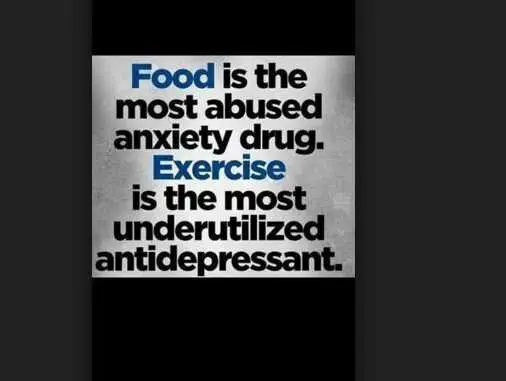
I know, I know: you hate it when articles recommend exercise to manage anxiety. The last thing anyone wants to do during a panic attack is work out. But you don’t need to be active during a panic attack to benefit from exercise. If you are feeling edgy or depressed, exercise can help by flooding your body with endorphins. These happy-hormones will boost your feelings of calmness and happiness, and studies show that just 20 minutes of exercise can produce that effect. Researchers now believe that stimulating your body heat during exercise actually alters the circuits controlling the way you think, giving you better and more serotonin. This obviously has a great impact on mood.
Vitamins
A pill can’t cure anxiety, but you can take supplements of vitamins and minerals that will help keep your hormones on track. Iron and Vitamin B6 help regulate serotonin production. The so-called “hormone of happiness” will enable you to let go of negativity faster, giving you strength to cope better with challenges as they happen.
Limit Your Worry Sessions
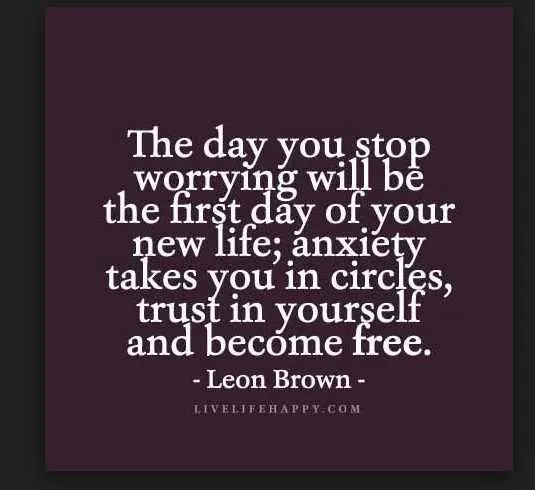
Life is filled with challenges and worrying is an important emotion. It does not make sense t be a pollyanna, saying that everything will be fine. Facing our worries is important. As the old saying goes, the “only way out is through.”
But people who struggle with anxiety disorders can’t let the worries go. They cycle around and around in your brain until you can no longer cope with everyday life. This can feel like and endless conversation with yourself about “what if.”
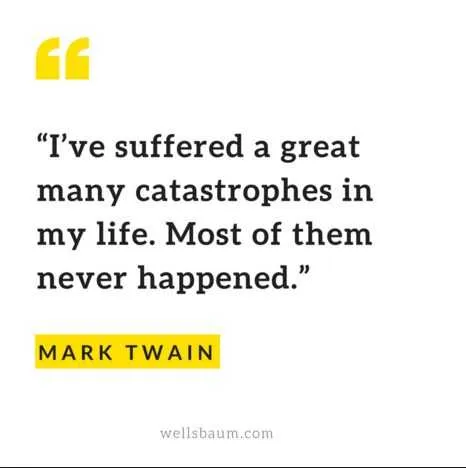
“You don’t always need a plan, sometimes you just need to breathe, trust, let go, and see what happens.”
To avoid some of the paralysis that comes from this constant state of worrying, begin to train yourself to limit your worry sessions. Worry just once – allow yourself to worry over something for a limited time, like five to ten minutes. Then, promise yourself that is the end of it. You do not need to worry about the same thing for the same reasons indefinitely. If the worries are something you can act on, then act. If it is beyond your control, then put it out of your mind. You can deal with whatever happens when it happens, but don’t force yourself to agonize before.
